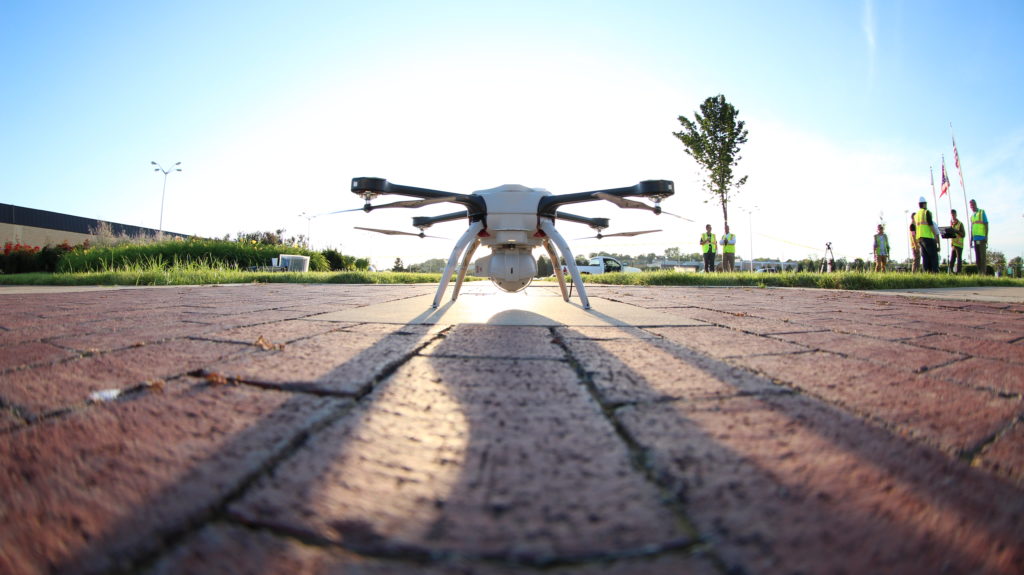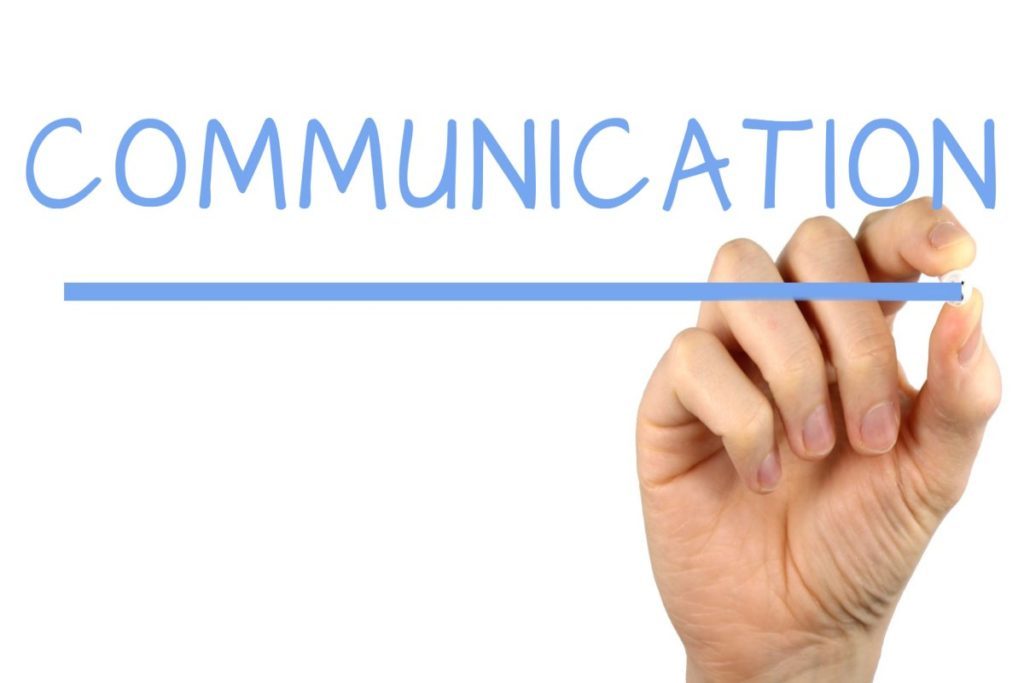 With the enactment of Part 107, the US expects thousands of new commercial drone operators to enter the market this year. The FAA predicts that 90% of those new operators will be small businesses. Even with extensive flight experience and an FAA certificate, how can drone businesses stand out among the competition? At our sister site, JobForDrones, we see hundreds of customers looking for operators, and their criteria are clear. Here are 5 skills you need to get a drone job today.
With the enactment of Part 107, the US expects thousands of new commercial drone operators to enter the market this year. The FAA predicts that 90% of those new operators will be small businesses. Even with extensive flight experience and an FAA certificate, how can drone businesses stand out among the competition? At our sister site, JobForDrones, we see hundreds of customers looking for operators, and their criteria are clear. Here are 5 skills you need to get a drone job today.
- Hone your business skills. Just like hiring any service provider for home or business, commercial drone customers are concerned about doing business with independent operators, and they will choose the provider who presents the most professional profile. Make sure that you have everything the customer expects ready to go: including standard contracts, proof of insurance, proof of your certification, a professional bid or estimate document, and any liability waivers that you might require. You might want to invest in a drone lawyer to make sure you understand all of the issues – like the copyright laws on the images you produce, for example. And make sure that you have a payment system in place: larger customers expect you to be able to handle credit card or PO transactions.
 Learn to Navigate the Regulations. Searching the FAA website for changes is nobody’s idea of fun, but it’s a requirement for a professional drone operator. Customers need to have confidence that you know how to fly legally, so you will need to be able to discuss the regulations intelligently. Explain what apps or tools you use to make sure that you are flying in legal airspace. Be ready to tell customers if their idea isn’t legal – like flying directly over a soccer game, or taking real estate footage in Manhattan – but offer alternative suggestions that might work to achieve their goals. And make sure you’ve familiarized yourself with any specific local ordinances – many states and town have their own drone laws. There are many resources to help with this, including communities on Facebook and websites like DRONELIFE that follow big events in regulations.
Learn to Navigate the Regulations. Searching the FAA website for changes is nobody’s idea of fun, but it’s a requirement for a professional drone operator. Customers need to have confidence that you know how to fly legally, so you will need to be able to discuss the regulations intelligently. Explain what apps or tools you use to make sure that you are flying in legal airspace. Be ready to tell customers if their idea isn’t legal – like flying directly over a soccer game, or taking real estate footage in Manhattan – but offer alternative suggestions that might work to achieve their goals. And make sure you’ve familiarized yourself with any specific local ordinances – many states and town have their own drone laws. There are many resources to help with this, including communities on Facebook and websites like DRONELIFE that follow big events in regulations. Communications. If you’ve got the first two skills – a professional business and a deep expertise in drone regulations – you’re well on your way. But now you need to let your customers know that. Many commercial drone services websites feature only the impressive footage that the operator has produced. Make sure that your website – or blog, or Twitter feed, or YouTube channel – indicates that you have the company structure required to meet customers’ needs. Make it clear on the front page of your site that you have your FAA certification and are “licensed and insured;” consider creating a brief “FAQ” section that will allow you to demonstrate your expertise. Offer references. Spend time on your emails. If you have a specialty, feature it. While it isn’t always fair, it’s often the most professionally presented profile that gets the business.
Communications. If you’ve got the first two skills – a professional business and a deep expertise in drone regulations – you’re well on your way. But now you need to let your customers know that. Many commercial drone services websites feature only the impressive footage that the operator has produced. Make sure that your website – or blog, or Twitter feed, or YouTube channel – indicates that you have the company structure required to meet customers’ needs. Make it clear on the front page of your site that you have your FAA certification and are “licensed and insured;” consider creating a brief “FAQ” section that will allow you to demonstrate your expertise. Offer references. Spend time on your emails. If you have a specialty, feature it. While it isn’t always fair, it’s often the most professionally presented profile that gets the business. Photography or Videography. This one has to be said – if you’re selling images, it isn’t enough to know how to fly a drone. Many of the most successful drone businesses are photographers who learned to fly drones, rather than drone pilots who learned to take pictures. Customers in real estate, marketing, and event planning have a high standard for their product- and they expect a drone operator working with them to provide some creativity and photography or videography skills. You have to know what shots to take, when the best lighting will be available, and how to edit and produce those shots afterwards. If you’ve got experience or training in photography, state it on your website. Not interested in pursuing that aspect? No problem – there are plenty of other applications for commercial drone operators: agriculture, construction, inspection services, surveying and mapping are just a few.
Photography or Videography. This one has to be said – if you’re selling images, it isn’t enough to know how to fly a drone. Many of the most successful drone businesses are photographers who learned to fly drones, rather than drone pilots who learned to take pictures. Customers in real estate, marketing, and event planning have a high standard for their product- and they expect a drone operator working with them to provide some creativity and photography or videography skills. You have to know what shots to take, when the best lighting will be available, and how to edit and produce those shots afterwards. If you’ve got experience or training in photography, state it on your website. Not interested in pursuing that aspect? No problem – there are plenty of other applications for commercial drone operators: agriculture, construction, inspection services, surveying and mapping are just a few.- Learn how to package your final product. Many operators aren’t quite sure what to deliver when they take a job – and that causes problems for the customer. Learn to package your deliverable, and be very clear up front about what the customer is getting. What’s the platform that you will deliver on? If you are you delivering images, are they raw or edited? If you’re providing a different type of data, are you sending data to an analysis platform of the customer’s choice? Are you supposed to find a data analysis platform? If you’re not sure what’s reasonable, ask them what they the minimum requirement is – and try to do a little better than that. If you can, and the job lends itself to a package, offer a flat price. You may be able to do a little better that way, as customers often prefer a predictable expense to an hourly estimate that risks going over.
Commercial drones are gaining ground fast, as many industries realize the benefit that they provide. Drones can save money, time, and often offer a perspective or information that is otherwise unavailable. Customers are looking for operators to provide a product and help them understand what commercial drones can offer – and the business that does that best gets the job.
http://dronelife.com/2016/10/20/5-skills-need-get-drone-job/